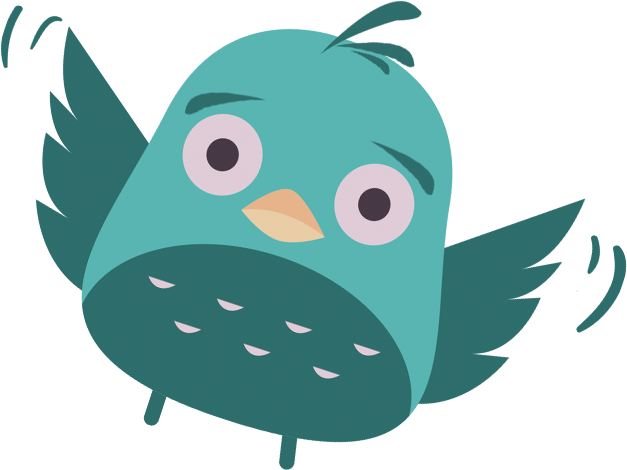Education Resources

Q&A with Corinne Payer
Corinne is a Librarian at Scenic Middle School
Request a Visit
Fill out this simple form to request a visit from our awesome Education Services team! (Spanish also available)
🌐 English
🌐 EspañolSubscribe
A newsletter for our educational community, whether you serve public, private, or homeschool learners.
February Resources
Hand selected booklists and lesson plan activities from our Education Services team.
📚 Booklists
🧑🏫 Lesson Plan Activity
Promise Boys by Nick Brooks
The prestigious Urban Promise Prep school might look pristine on the outside, but deadly secrets lurk within. When the principal ends up murdered and the cops come sniffing around, a trio of students emerge as the prime suspects. They had the means, they had the motive…and they may have had the weapon. But with all three maintaining their innocence, they must band together to track down the real killer. (Spanish version available)
Classroom Resources
Lesson Plans
Track a Bill (from Civics Learning Project)
Native American Perspective on Thanksgiving Lesson Plan (from Oklahoma City Public Schools)
Sky Patterns Lesson Plan (From Houghton Mifflin Harcourt)
Nonfiction/Memoirs Lesson Plan (created by JCLS)
Writing and Delivering a Persuasive Speech Lesson Plan (from Classroom Law Project)
Cryptid Lore Creative Writing Lesson Plan (created by JCLS)
Speaking Up/Anti-Bullying Lesson Plan (from GLSEN)
Survival Gear Defense Lesson Plan (created by JCLS)
Kendrick Lamar Halftime Curriculum Guide (created by HollowayEd.D./ NCC and Berry Ph.D.)
Argument Identification Activity (from Civics Learning Project)
Creature Feature Lesson Plan (created by JCLS)
Loans and Credit Activity (from Gale In Context: High School)
Play Report Worksheets (from Drama Notebook)
Roll A Story Lesson Plan (created by JCLS)
Secret Sentence Stories Lesson Plan (created by JCLS)
Science and Technology Careers Lesson Plan (from Gale In Context: Middle School)
Story Mapping and Prediction Lesson Plan (created by JCLS)
Write a Letter to a Historical Figure Lesson Plan (created by JCLS)
S.M.A.R.T. Goal Setting Lesson Plan (created by JCLS)
Indigenous Nations Research Lesson Plan (created by JCLS)
Short Tasks
My Teacher is a Monster Readers’ Theater (from TeachingBooks)
Understand Activism Tic-Tac-Toe (from Gale in Context: Opposing Viewpoints)
Bilingual Summer Reflection Postcard Activity (created by JCLS)
Character Map Activity (created by JCLS)
Spanish Character Map Activity (created by JCLS)
Classroom Icebreakers (from edmentum)





